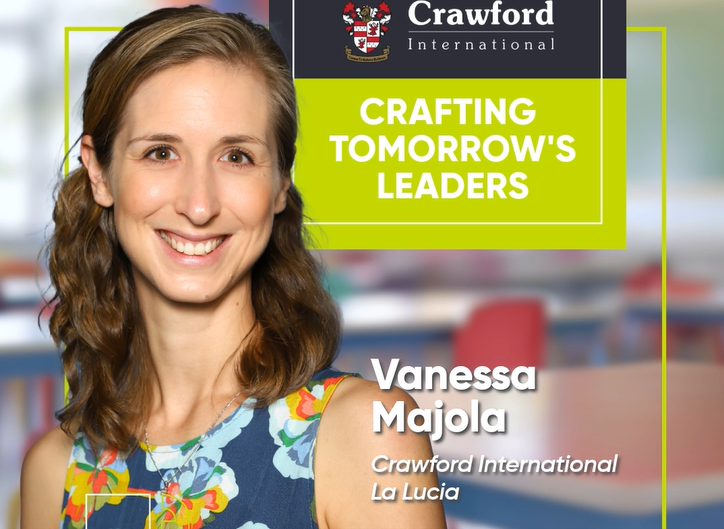Science of Positive Discipline
Karabo Molokomme • July 7, 2023
The Science of Positive Discipline

The science of positive discipline: Setting boundaries with love and respect
If you’re a parent of a certain age, it’s possible that just the mention of the word “discipline” conjures up mental images of an angry adult holding a cane.
Thankfully, parenting - and South African schools - have moved on (Side note: yes, hitting children is a crime, and yes, that even applies if you are their parent. Don’t do it). We now know better, and so we try to do better.
But what IS discipline, if it is not shouting at small people to enforce your will and ensure compliance with your law, no matter how tyrannical or irrational?
We’ve all experienced having to share public spaces with – frankly – horrible children and wished their parents would enforce a disciplinary boundary or two, so that we might be able to have a meal at a restaurant in peace without feeling like we were on the set of a Lord of the Flies film adaptation. Respect flows both ways, after all, and adults (and meeker children) should also be able to go about their days without being bullied by unruly little monsters.
We’d all like to raise and be surrounded by children who are considerate and polite. The difference with positive discipline is this: we’d like our children to be considerate and polite because they understand the value of those traits in a society, and because it makes them feel good about themselves, not because we demand it and they are scared of us.
In psychological parlance, following a rule without examining it is an “external locus of control” – your behaviour is modified and controlled by rules imposed from the outside. If someone has an internal locus of control, this means they regulate their emotions and behaviour themselves, according to their own set of ethical convictions. A tall order for a child, sure, but they will develop it under the right conditions.
How can parents set boundaries with love and respect?
1. Set A Good Example
Children learn by example. If you model a behaviour, it is likely your child will copy it – whether you set a positive or a negative example. If you stick to the same rules for life as you expect your child to, you have a far higher chance they will internalise the behaviour.
2. Set Clear Boundaries
Children actually like boundaries. It may seem counterintuitive, but it is true. A child who is given a solid framework of acceptable behaviour that is consistently applied feels less need to test the boundaries – because they never change. As long as the boundaries are reasonable and motivated by love, that child can feel safe in their world.
3. Forgive Mistakes
Children’s brains are still developing, so it stands to reason that they will make mistakes and get it wrong sometimes. Forgive a mistake, knowing that you, too have made mistakes.
4. Admit When You Make Mistakes
On that note, parents are human too. There’s nothing as powerful as admitting to your mistake and asking your child for a “do-over”. You’re modelling kindness, acceptance, fallibility and forgiveness. Your child will respect you for it.
By Margot Bertelsmann












